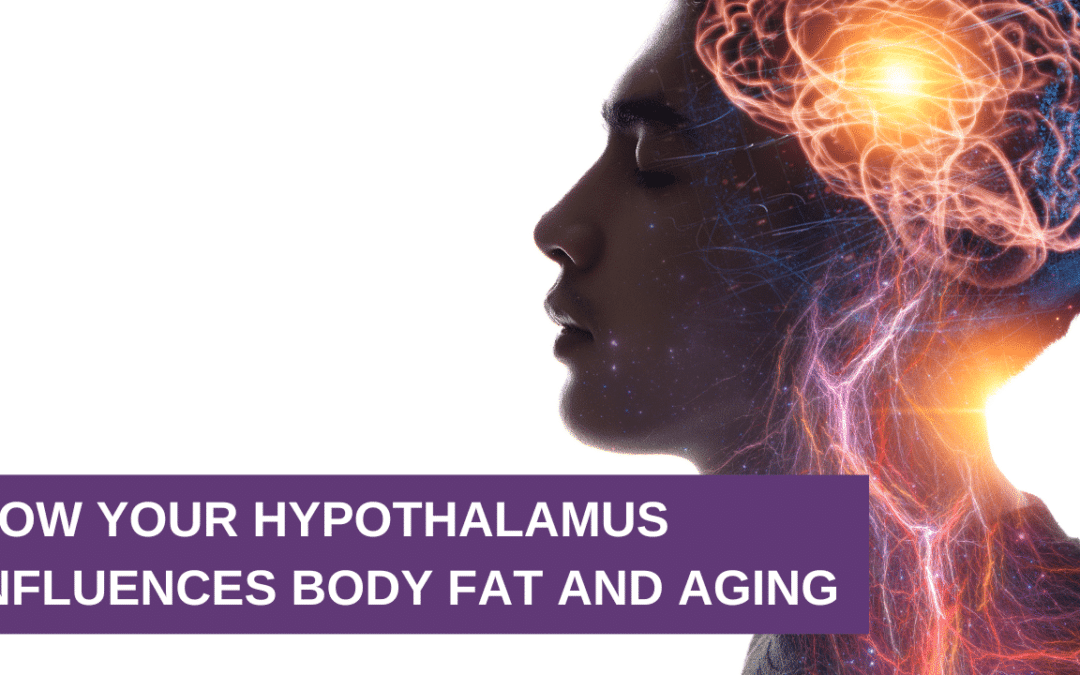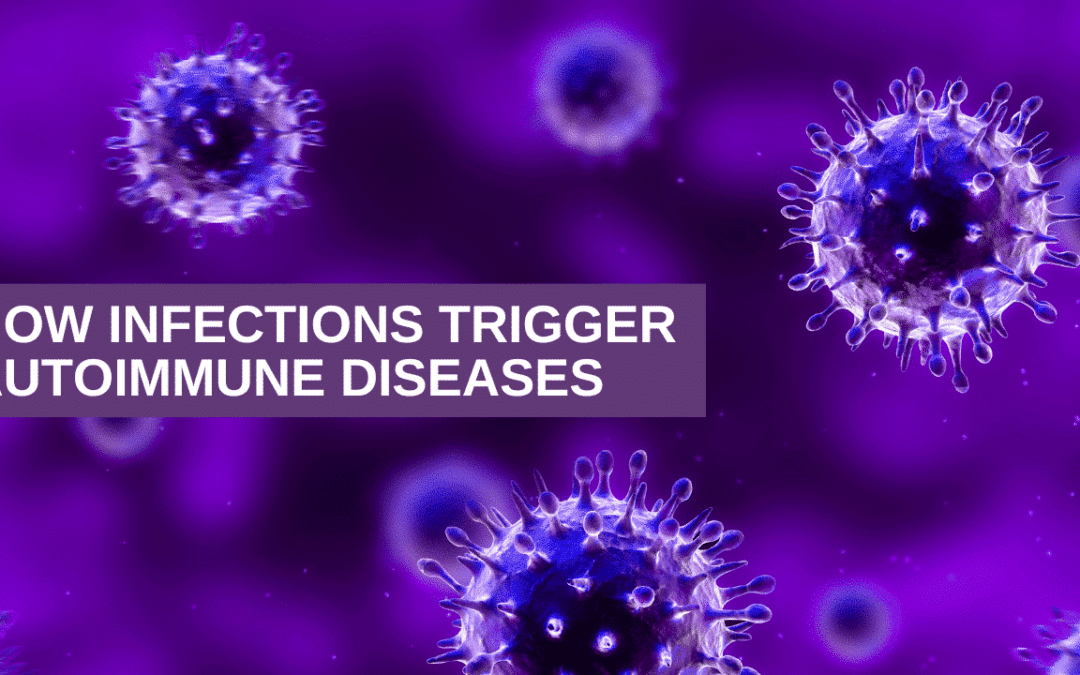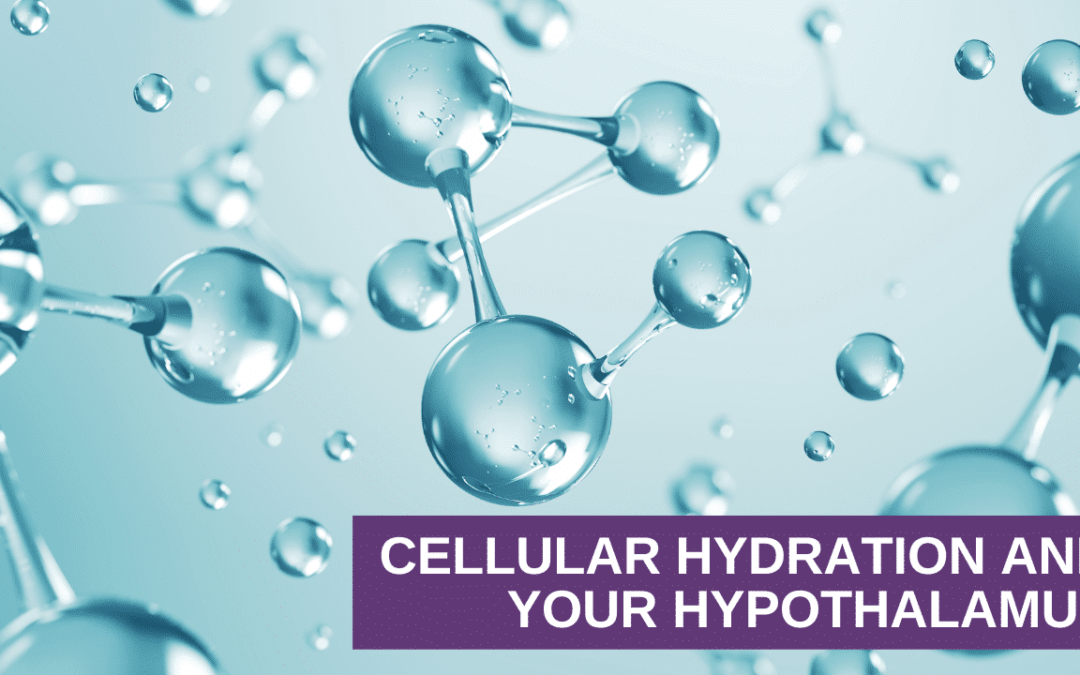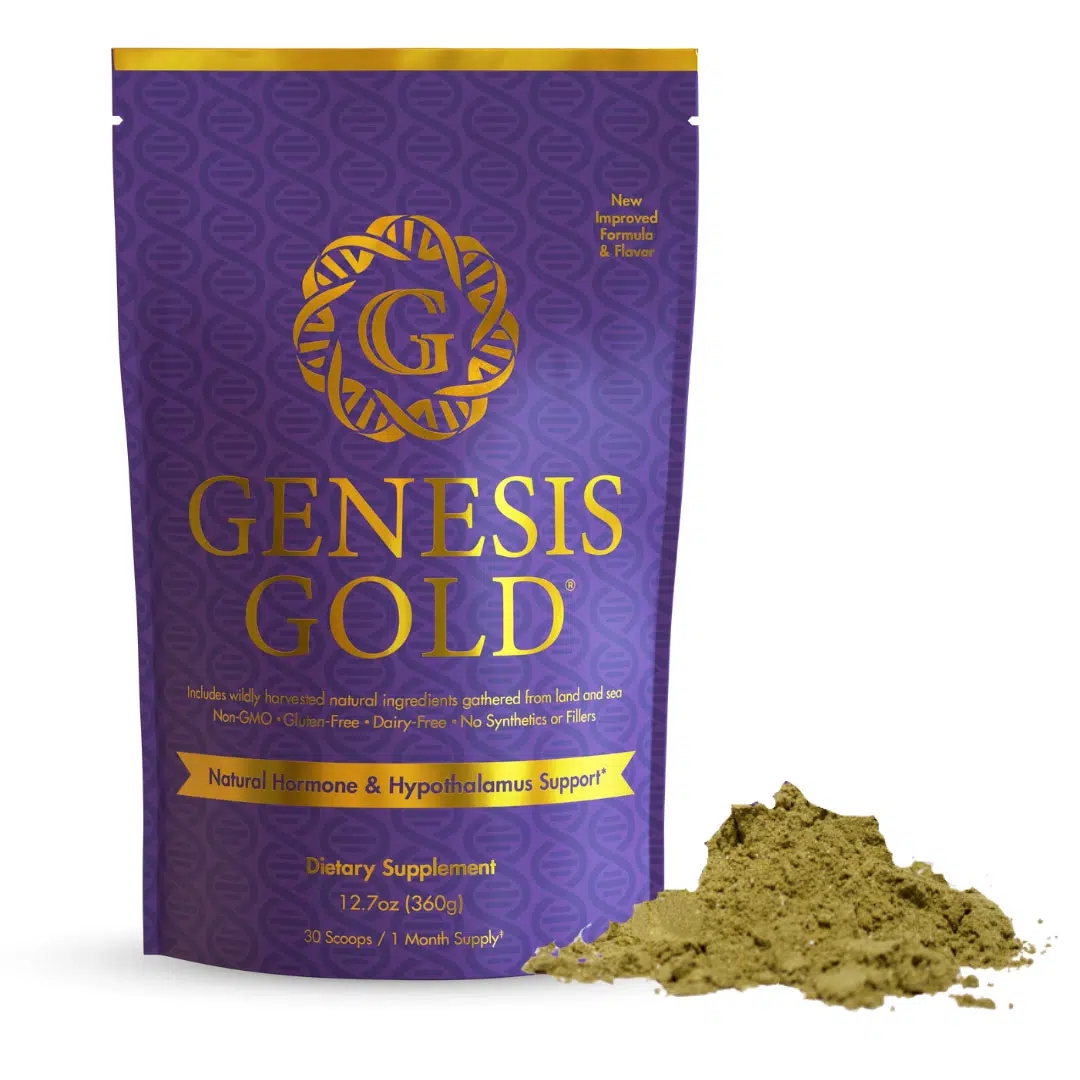
by Deborah Maragopoulos FNP | Last updated: Mar 7, 2024 | Hypothalamus, Weight Management
Did you know that the hypothalamus controls both body fat and aging? Let’s talk about it. Your hypothalamus is a center of control for metabolism and for aging. In fact, aging begins in the hypothalamus. As we age, our fat cells become less responsive. ...

by Deborah Maragopoulos FNP | Last updated: Mar 7, 2024 | Hypothalamus, Men's Health, Women's Health
So what are the causes and treatment of chronic fatigue syndrome? Let’s talk about it. Chronic fatigue syndrome also known as myalgic encephalitis affects over 20 million people worldwide. There’s not a single cause for chronic fatigue syndrome. In fact,...

by Deborah Maragopoulos FNP | Last updated: Feb 13, 2024 | Hypothalamus, Men's Health, Mind/Body, Women's Health
What are the energetics of health and healing when you’re a senior? Let’s talk about it. Every stage of your life holds a different potential for health as well as healing. What health issues you may be facing, as well as what mindset best serves your most...

by Deborah Maragopoulos FNP | Last updated: Jan 30, 2024 | Hypothalamus, Men's Health, Mind/Body, Women's Health
What are the energetics of health and healing at midlife? Let’s talk about it. Every stage of your life holds a different potential for health as well as healing. What health issues you may be facing, as well as what mindset best serves your most optimal...

by Deborah Maragopoulos FNP | Last updated: Jan 24, 2024 | Hypothalamus, Men's Health, Mind/Body, Women's Health
What are the energetics of health and healing in adulthood? Let’s talk about it. Every stage of your life holds a different potential for health as well as healing. What health issues you may be facing, as well as what mindset best serves your most optimal...

by Deborah Maragopoulos FNP | Last updated: Jan 24, 2024 | Hypothalamus, Mind/Body
What can you do to stay healthy in your youth? Let’s talk about it. Every stage of your life holds a different potential for health as well as healing. Each stage of your life is a little bit different. What health issues you may be facing, as well as what...

by Deborah Maragopoulos FNP | Last updated: Jan 2, 2024 | Hypothalamus
So what is the relationship between hypothalamic dysfunction and chronic fatigue syndrome? Let’s talk about it. Hypothalamus dysfunction is defined as alterations in hypothalamus function that affect: circadian rhythm weight management metabolism hormonal...

by Deborah Maragopoulos FNP | Last updated: Jan 8, 2024 | Hypothalamus, Weight Management
Does your sweet taste preference influence your weight? Let’s talk about it. Your hypothalamus controls your glucose metabolism, your hunger, and your weight. Studies have shown that people with a strong preference for sweets have an increased risk for obesity,...

by Deborah Maragopoulos FNP | Last updated: Jan 2, 2024 | Mind/Body, Hypothalamus
Studies show that caretaking increases illness and mortality. How do you keep yourself healthy while caretaking? Let’s talk about it. I recently consulted with a patient who was concerned about a breast lump. Her exam revealed some inflammation of her mammary...

by Deborah Maragopoulos FNP | Last updated: Jan 10, 2024 | Autoimmunity, Hypothalamus
Do infections trigger autoimmune diseases? Yes. Let’s talk about it. While there are multiple triggers of autoimmunity including smoking, UV light, silicone, pesticides, heavy metals, injuries, and stress – infections have been long associated with...

by Deborah Maragopoulos FNP | Last updated: Jan 2, 2024 | Hypothalamus, Autoimmunity
So how does the hypothalamus influence autoimmune disorders? Let’s talk about it. A growing body of research shows that neuro-immune-endocrine alterations may precede autoimmune diseases by several years. If you’ve been following my channel, you...

by Deborah Maragopoulos FNP | Last updated: Jan 3, 2026 | Hypothalamus
Does your hypothalamus influence cellular hydration? Let’s talk about it. Your hypothalamus is the main organ that controls cellular hydration. Hypothalamic osmoregulatory cells are very sensitive to blood fluid levels and electrolytes. When blood...


















